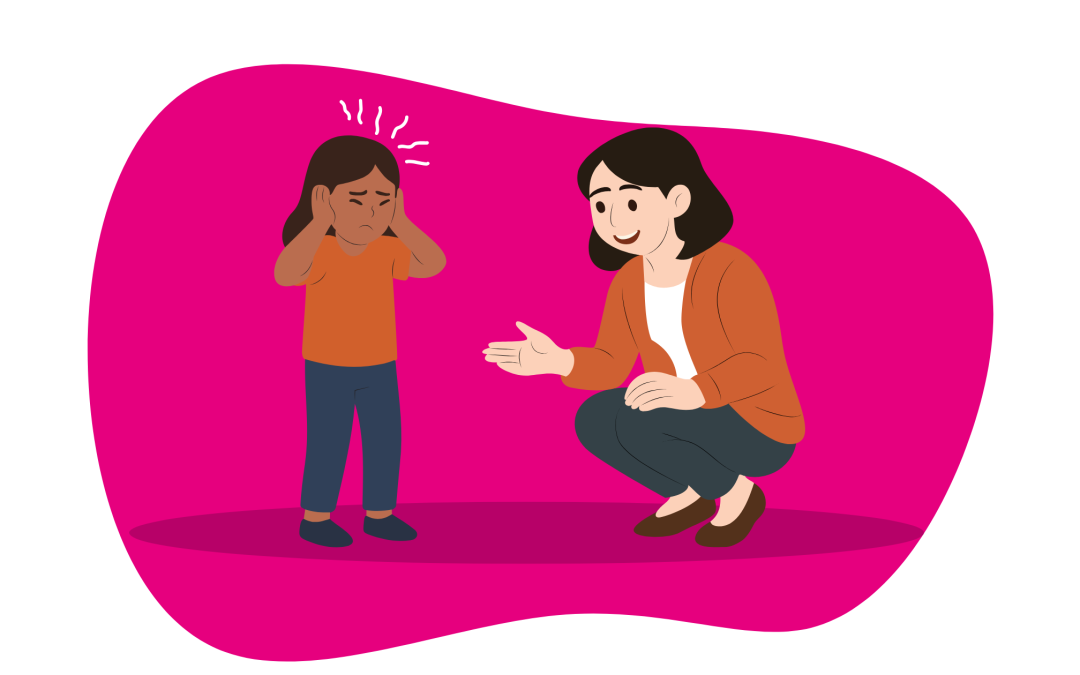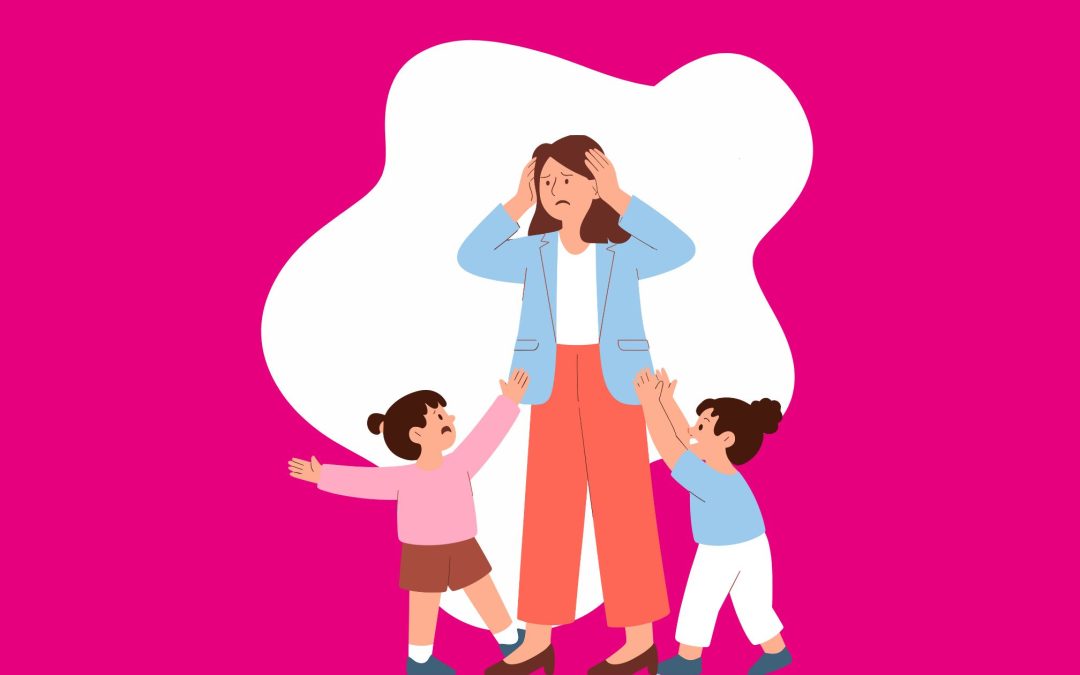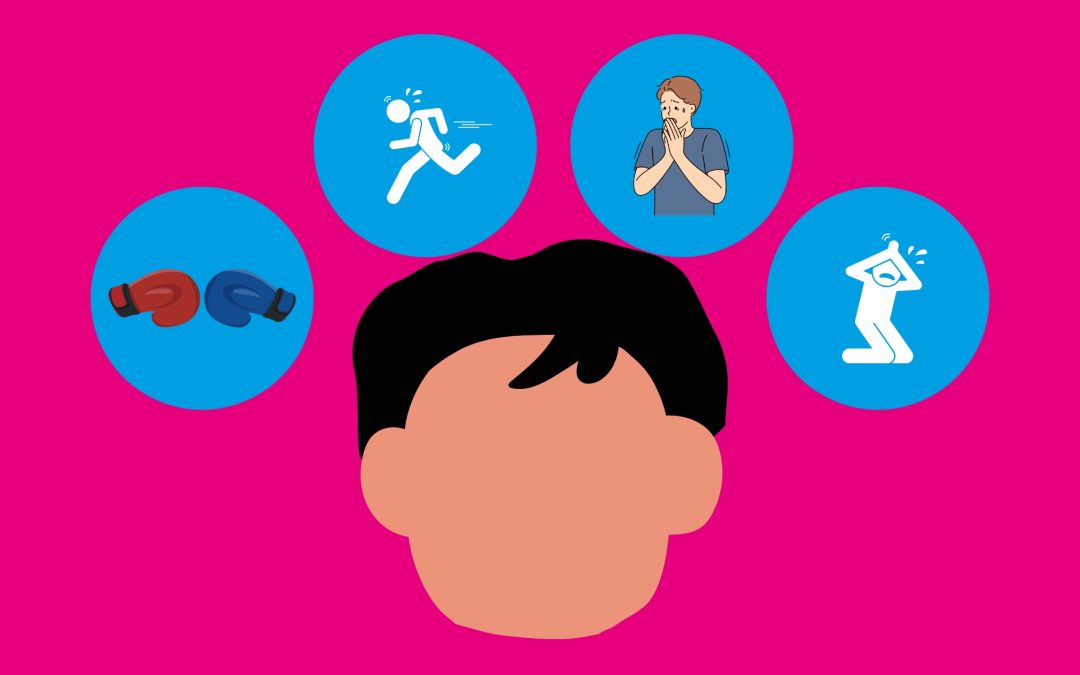Play therapy is a specialised form of therapy that uses the natural language of children—play—to help them express emotions, process experiences, and build resilience. Unlike adults, children often struggle to articulate complex thoughts or traumatic experiences with words. Through play, they can communicate what they’re feeling in a way that feels safe and natural.
In child psychology, play therapy is a widely recognised approach to promoting emotional healing, improving behavioural issues, and developing coping skills. For children who have experienced trauma—whether due to abuse, loss, or other adverse events—play therapy can be a transformative tool. It provides a secure environment where children can process difficult emotions, regain a sense of control, and start their healing journey. This article will explore how play therapy works and highlight its powerful benefits for supporting traumatised children.
What Is Play Therapy?
Play therapy is a therapeutic approach that uses play as a medium for children to explore feelings, express thoughts, and address unresolved trauma. It is designed to give children the space and tools to work through their emotions in a way that feels accessible and safe.
History and Development:
The origins of play therapy can be traced back to the early 20th century. In the 1920s, psychiatrist Hermine Hug-Hellmuth first explored the use of play in child analysis. Later, Anna Freud and Melanie Klein expanded on these ideas, emphasizing the importance of play in understanding a child’s inner world. In the mid-20th century, Virginia Axline formalized the approach with her “non-directive” method, which allowed children to lead their own therapeutic play under the therapist’s guidance. Today, play therapy is an established practice in child psychology, widely used to help children manage trauma, anxiety, and behavioural challenges.
How Play Therapy Is Conducted:
Play therapy sessions can vary, but they are typically held in a playroom stocked with toys, art supplies, dolls, and games that encourage expression and creativity. There are two main types of play therapy:
Structured Play Therapy: In these sessions, the therapist may introduce specific activities or themes to address particular concerns, such as grief or anger.
Non-Structured (Child-Centred) Play Therapy: This method allows the child to take the lead, choosing the toys or activities that feel meaningful to them. The therapist observes and interprets the child’s play, using it as a window into their thoughts and feelings.
The therapist plays a critical role in establishing a safe and supportive environment. They may use symbolic play, storytelling, role-playing, or creative arts to help the child process their experiences. Through this therapeutic process, children learn to understand their emotions, build coping skills, and develop a sense of control over their lives.
By using play as a vehicle for healing, play therapy empowers children to face challenges, reduce anxiety, and rebuild trust—all essential for recovering from trauma.
Why Is Play Effective for Healing Trauma?
Children often struggle to articulate complex or painful emotions verbally, especially when they’ve experienced trauma. Their limited vocabulary and emotional maturity can make it difficult to explain what they feel in words. Play therapy offers an alternative mode of communication, allowing children to express themselves in a way that feels safe, creative, and familiar.
In a therapeutic setting, play provides children with a sense of control—something that is often lost during traumatic events. By choosing how and what to play with, children can regain autonomy and explore their experiences in a way that’s less overwhelming. This process can help reduce anxiety and create a foundation for emotional healing.
Symbolic play plays a crucial role in trauma recovery. Children may use dolls, action figures, or drawings to symbolize people or events from their lives. For example, a child who experienced a traumatic separation from a caregiver may act out a reunion using dolls. This symbolic representation helps children process emotions, make sense of their experiences, and gain mastery over situations that once felt uncontrollable.
Overall, play provides a safe and nurturing environment for children to confront and navigate difficult emotions, ultimately promoting healing and resilience.
Benefits of Play Therapy for Traumatized Children
Emotional Healing:
Play therapy helps children process emotions tied to grief, loss, abuse, or other traumatic events. By expressing themselves through play, children can confront painful memories in a controlled and non-threatening way, gradually working through their feelings.
Behavioural Improvements:
Trauma often manifests in behavioural issues like anxiety, nightmares, aggression, or social withdrawal. Play therapy helps children identify the underlying causes of these behaviours and develop healthier coping mechanisms, leading to reduced symptoms and improved emotional stability.
Building Coping Skills:
Through therapeutic play, children learn strategies for managing stress, calming themselves during moments of distress, and navigating overwhelming emotions. These self-regulation skills help foster resilience and confidence as children face future challenges.
Improved Communication:
Many traumatized children struggle to express their needs and feelings verbally. Play therapy encourages self-expression through non-verbal means, gradually helping children become more comfortable articulating their emotions. Therapists may also use the child’s play as a starting point to guide conversations about difficult topics.
Rebuilding Trust:
Trauma can damage a child’s ability to trust others, particularly if the trauma involved neglect, abuse, or abandonment. A key aspect of play therapy is the development of a safe, trusting relationship with the therapist. Over time, children can transfer this renewed sense of trust to caregivers and other important figures in their lives, helping to repair and strengthen their attachments.
Together, these benefits make play therapy a powerful tool for helping traumatized children heal, grow, and thrive in the face of adversity.
When to Seek Play Therapy for a Child
It’s important to recognize when a child may need additional emotional support, especially if they’ve experienced trauma. Some common signs that a child may benefit from play therapy include:
- Sudden Behavioural Changes: Unexpected shifts in behaviour, such as increased aggression, clinginess, or hyperactivity, may signal underlying emotional distress.
- Social Isolation: A child who begins withdrawing from friends, family, or activities they once enjoyed could be struggling to process difficult emotions.
- Regression: Behaviours like bedwetting, thumb-sucking, or separation anxiety—especially if they reappear after a child has outgrown them—can indicate unresolved trauma.
- Sleep Disturbances or Nightmares: Frequent nightmares, trouble falling asleep, or waking up scared are common signs of anxiety or fear related to trauma.
- Difficulty Expressing Emotions: If a child seems unable to articulate or identify their emotions, play therapy can provide an alternative way for them to communicate.
- Excessive Fear or Anxiety: Ongoing anxiety, irrational fears, or avoidance of certain people or places may be rooted in a past traumatic experience.
If you notice any of these signs, seeking help from a licensed play therapist is crucial. Licensed play therapists are trained to understand a child’s non-verbal communication and guide them through the healing process in a way that feels safe and supportive. They can help children build resilience, develop coping skills, and process their trauma in a healthy manner.
Conclusion
Play therapy is a gentle yet transformative approach that empowers children to navigate and heal from trauma. By using play—a medium children understand instinctively—this form of therapy provides a safe space for self-expression, emotional exploration, and trust-building. It helps children process difficult experiences, reduce anxiety, improve behaviours, and develop the skills they need to move forward with confidence and hope.
If you believe a child in your care could benefit from play therapy, consider consulting a licensed therapist or exploring local resources to learn more. Early intervention can make a world of difference, helping children heal and thrive in the face of life’s challenges.












0 Comments